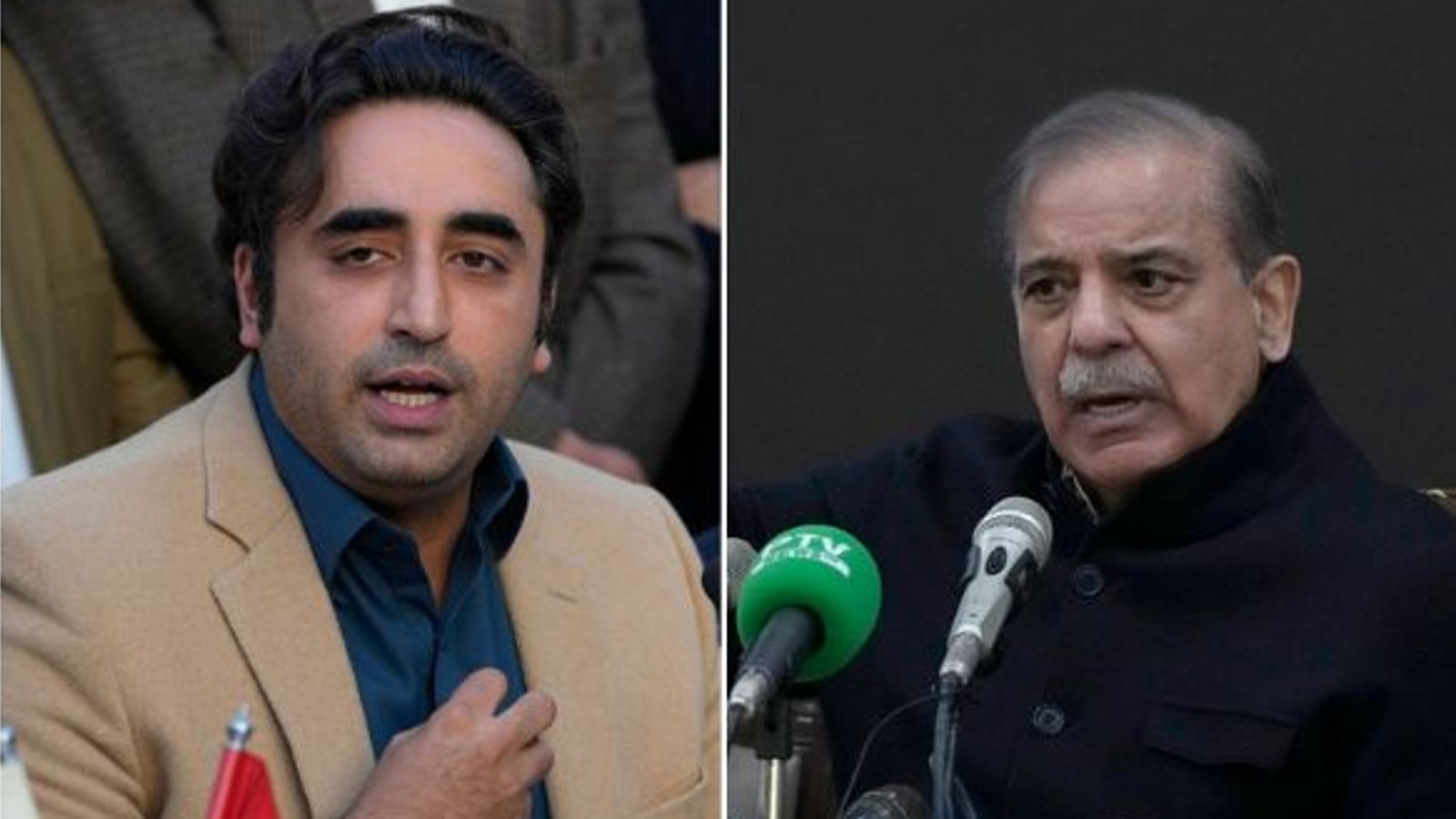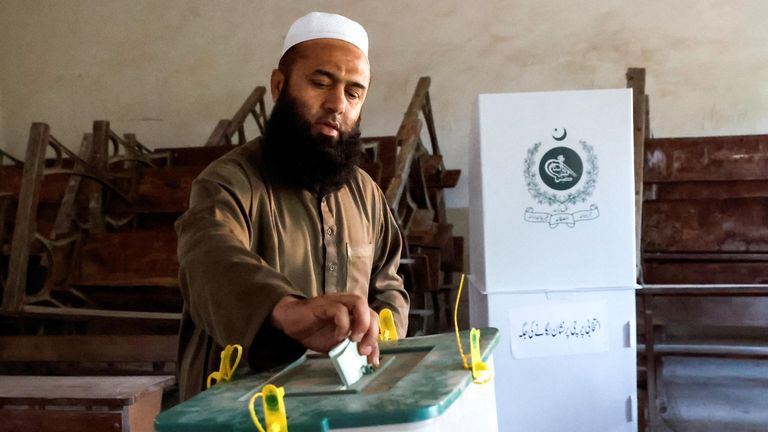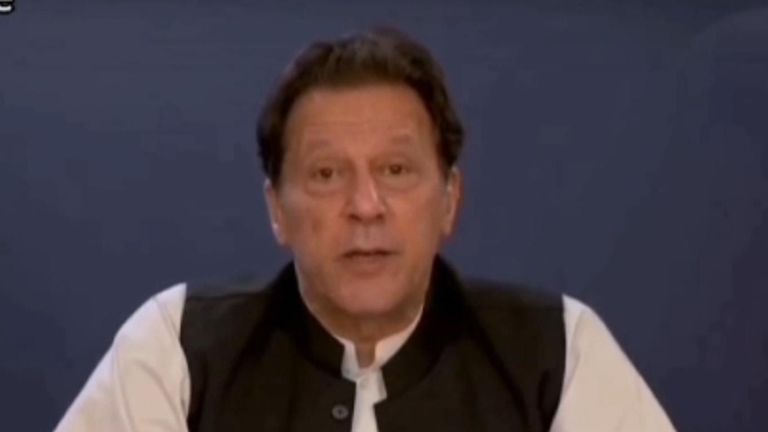The party of Pakistan’s former prime minister and its allies have announced they will form a coalition government after elections failed to elect a single party.
Nawaz Sharif, leader of the Pakistan Muslim League (PML-N), and Pakistan People’s Party (PPP) co-chairs, father and son, Asif Ali Zardari and Bilawal Bhutto Zardari, agreed the deal which would put an end to the hung parliament.
It is widely believed that Mr Sharif’s brother, Shehbaz Sharif, will be the nominee put forward for prime minister.
Mr Sharif welcomed the support from the PPP and other parties, saying they had all come together because they needed to tackle numerous challenges, particularly the economy.
The country of 241 million people is grappling with an economic crisis amid slow growth and record inflation, along with rising militant violence.
The PML-N is the largest recognised party in the country, with 80 seats, and the PPP is second with 54.
Together, the two parties have enough for a simple majority in the 264-seat legislature.
“We have decided that we will form government together to take Pakistan out of crisis,” Mr Zardari, said on Tuesday.
The development came hours after the Pakistan Tehreek-e-Insaf (PTI) – the party of imprisoned former prime minister Imran Khan – refused to hold any talks with political rivals.
Read more:
Imran Khan’s sister says Nawaz Sharif’s election victory claim ‘insult to Pakistanis’
Pakistan is in political limbo after election upset
Jailed Imran Khan uses AI video to claim victory in Pakistan election
Khan, who is currently serving multiple prison terms because of convictions on charges of corruption and violating a marriage law, was disqualified from contesting the election vote on 8 February, which saw the PTI win 92 seats.
Although it made them the largest group, they were unable to form a government having run as individuals and not a party.
The PTI later claimed the vote was rigged to stop it from getting a majority, an accusation election officials have denied.
Under the constitution, Pakistan’s President Arif Alvi will now convene the inaugural National Assembly session before 29 February so that politicians can be sworn in.
The parliament will later elect the new prime minister.
This story originally appeared on Skynews



